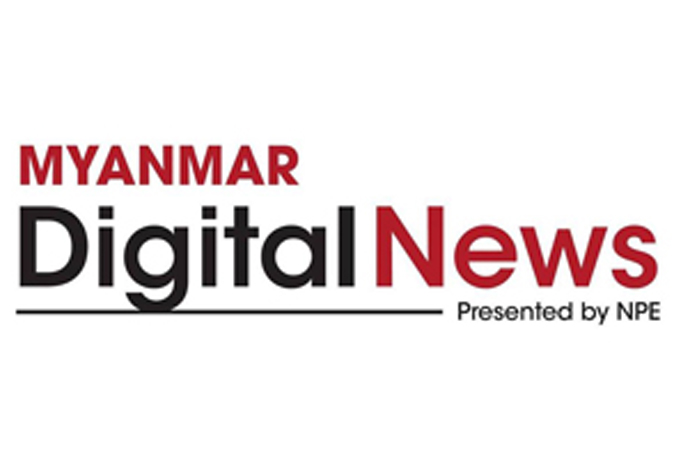A positive development in the realm of fuel management has surfaced, delighting vehicle owners and users as a groundbreaking software application for the streamlined supply of fuel oil is in the works. This innovative application is poised to assist vehicle owners in locating nearby filling stations, revolutionizing the fuel procurement process.
The upcoming application is designed to empower drivers, enabling them to effortlessly discover filling stations within a 30- mile radius of their vehicle’s location, facilitating the seamless purchase of essential fuel oils. The application also features monitoring capabilities that scrutinize the remaining stock levels and prices of fuel across various filling stations, providing valuable information to the public. A pilot project is scheduled for this month in Nay Pyi Taw Council Area, encompassing 107 filling stations to assess the convenience and efficacy of the application for both drivers and vehicle owners.
In the face of escalating fuel prices, individuals utilizing fuel for diverse purposes, such as operating generators and electronic equipment, must exercise conscientiousness in their fuel purchases. The application aims to prevent fuel market disruptions caused by greed-driven hoarding, which could adversely impact the regular trading of fuel. Filling station shortages may impede the smooth flow of commodities and potentially lead to illicit fuel trading.
Given Myanmar’s status as an underdeveloped country, the government is committed to ensuring the judicious use of fuel for its citizens and curbing the illegal trade of fuel. To this end, the government exposes and takes action against those engaged in unlawful fuel trading to maintain the integrity of the fuel market. Notably, in December 2023, 65 cases involving illegal fuel were identified, resulting in the seizure of 298.057 tonnes valued at K738.392 million. In January 2024, 14 cases accounted for the confiscation of 74.225 tonnes worth K176.429 million in various regions and states.
To further facilitate the flow of commodities, the government has authorized businesspersons to import cooking oil and fuel oil using earnings derived from the export of rice, broken rice, pulses, beans, and corn. Businesspersons are urged to adopt responsible business practices, ensuring the proper utilization of their income for the greater good. Understanding the dynamics of normal and border trade is emphasized, as these incomes contribute to the importation of fuel oils, ultimately benefiting all sectors across the nation and fostering a smooth and efficient trading process.



